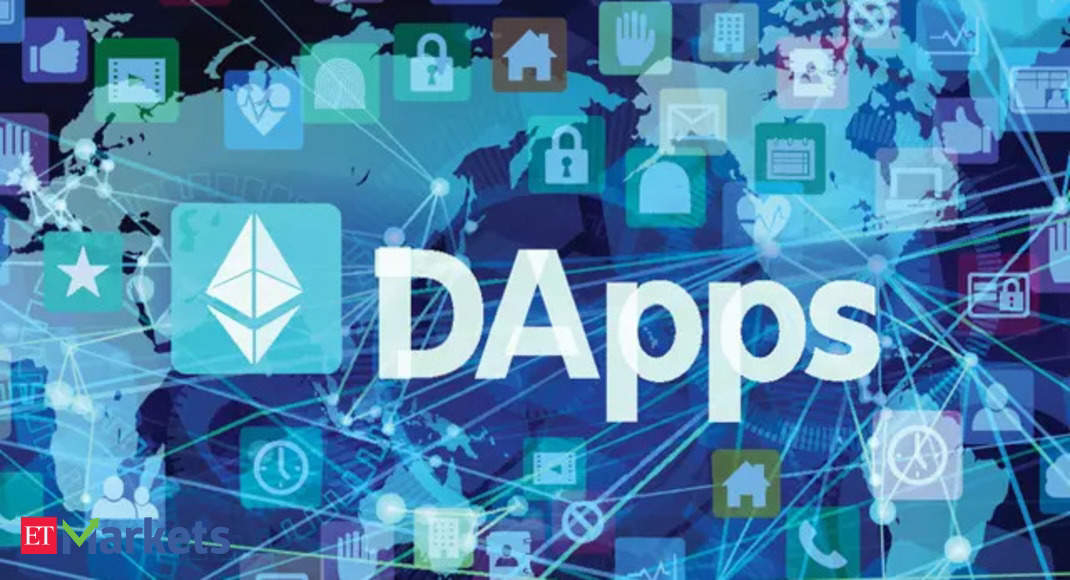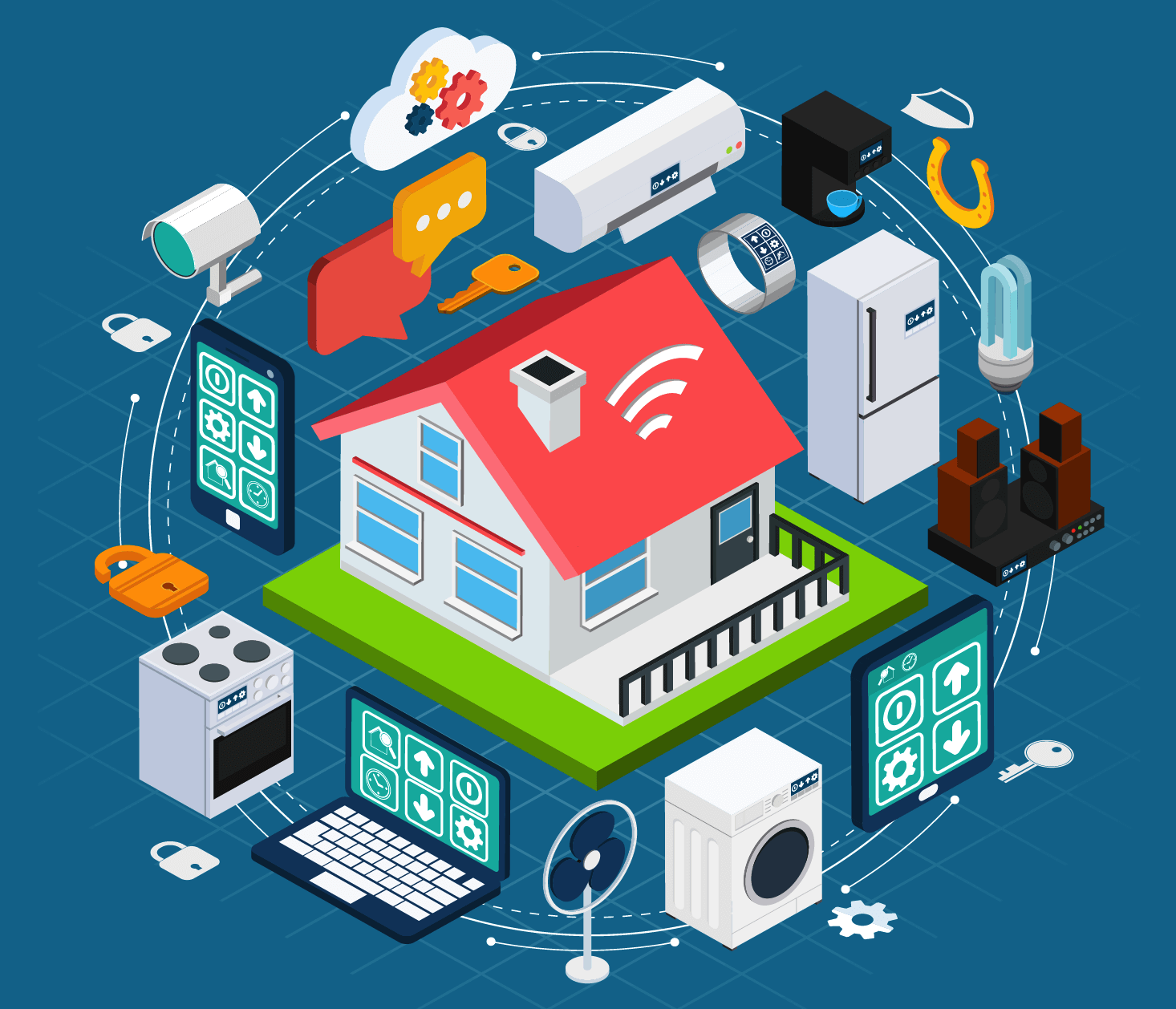1. Cryptocurrencies: Blockchain is most commonly known for its association with cryptocurrencies like Bitcoin and Ethereum. It enables secure and transparent peer-to-peer transactions without the need for intermediaries like banks.
2. Smart Contracts: Blockchain can facilitate the creation and execution of smart contracts. These are self-executing contracts with predefined rules encoded into the blockchain. They automatically enforce the terms and conditions of an agreement, eliminating the need for intermediaries.
3. Supply Chain Management: Blockchain technology can enhance transparency and traceability in supply chains. It allows the recording of every transaction and movement of goods, making it easier to verify the origin, quality, and authenticity of products.
4. Identity Management: Blockchain can provide a secure and decentralized system for identity management. It enables individuals to have control over their personal information and selectively share it with trusted entities, reducing the risk of identity theft and fraud.
5. Voting Systems: Blockchain can be used to create secure and transparent voting systems. It ensures the integrity of the voting process by recording votes on an immutable ledger, making it tamper-resistant and enhancing trust in the electoral process.
6. Healthcare: Blockchain has the potential to improve the security and privacy of healthcare data. It can enable secure sharing of medical records, facilitate interoperability among healthcare providers, and ensure the integrity of clinical trials and research data.
7. Financial Services: Blockchain technology has applications in various financial services, including cross-border payments, remittances, asset tokenization, and trade finance. It can enhance the efficiency, transparency, and security of financial transactions.
8. Intellectual Property Protection: Blockchain can help protect intellectual property rights by providing a decentralized and timestamped record of ownership, creation, and transfer of digital assets such as music, art, and digital content.
9. Decentralized Applications (DApps): Blockchain enables the development of decentralized applications that operate on a peer-to-peer network without a central authority. These applications can provide various services, such as decentralized finance (DeFi), gaming, and social media.
10. Internet of Things (IoT): Blockchain can enhance the security and privacy of IoT devices by providing a decentralized and immutable record of transactions and interactions. It can enable secure communication, data integrity, and automated transactions among IoT devices.
These are just a few examples of how blockchain technology is being used. The versatility and potential of blockchain continue to expand as new applications and use cases emerge.












0 Comments